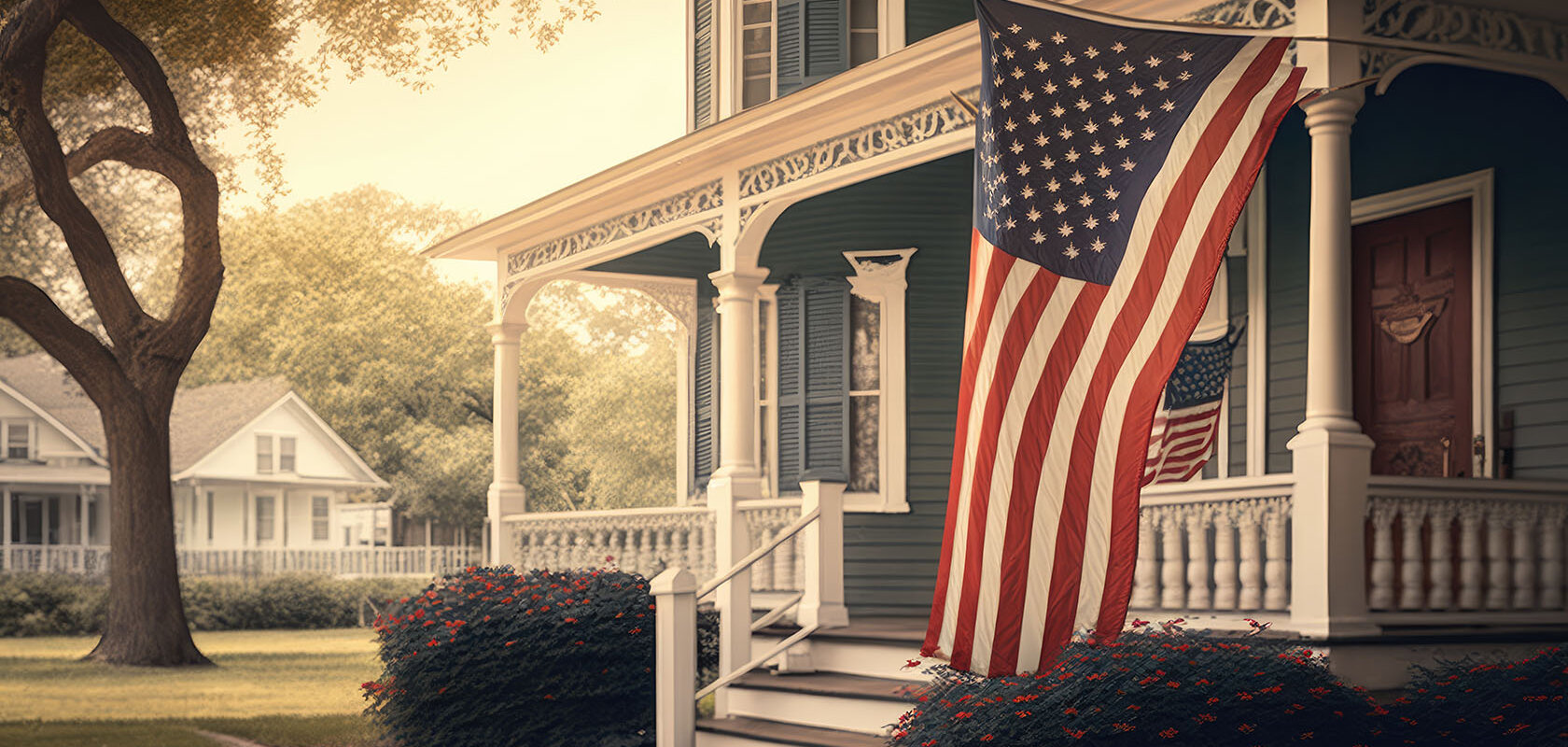The American dream is alive and well in the American home, but there are some things you should know before buying a house. Overspending can put you “house poor,” which will make it harder to pay bills and work towards long-term financial goals. So, make sure you’re ready to buy a home and don’t buy one because you feel like you should. Instead, be prepared and prepared to take on the additional financial commitment.
When buying a house, you should hire a home inspector to ensure that everything is in good shape. This way, you’ll know right away if anything is wrong. Your inspector will check things like the heating and air conditioning systems, plumbing, and electrical systems. They’ll also review the foundation, roof, basement, windows, doors, and specific structural components. You’ll want to have an expert look at these before signing any contracts.
Getting a home inspection is essential. A professional home inspector can point out any problems that might affect the home’s overall health, whether it’s the plumbing or the electrical system. In addition, a certified inspector will inspect specific components of the house, such as the windows and doors. Having a professional do this can help you get the best deal on your new home. There are many ways to save for your down payment and closing costs, but the most challenging part is knowing how much money you need to have on hand once you’re ready to make the purchase.
Having the proper budget is crucial. When buying a house, you should carefully account for the costs associated with buying it, and you should also account for ongoing expenses. In addition to the down payment, you should also consider monthly finances. It’s essential to have a solid budget for your new home. A good home is a place that you can afford to call home. It would help if you didn’t have to be overextended, but you need to be aware of your financial situation.
Before buying a home, get a thorough inspection. This will help you identify any red flags in the home and avoid surprises when you move in. Your inspector will check the HVAC and plumbing systems and specific structural components of the house. They will also look for windows and doors, which are essential for the safety and security of the home. It will also alert you to any issues, such as a leaky roof or damaged siding.
When you’ve found the perfect home, you need to prepare a contract to buy the house. You should include a bid with earnest money or good faith deposit if the seller doesn’t accept it. This money serves as a guarantee to the seller that you’re serious about buying the house. If the seller rejects your bid, the inspector will return it to you. The earnest money will be applied to the down payment and closing costs if the buyer’s bid is accepted.

